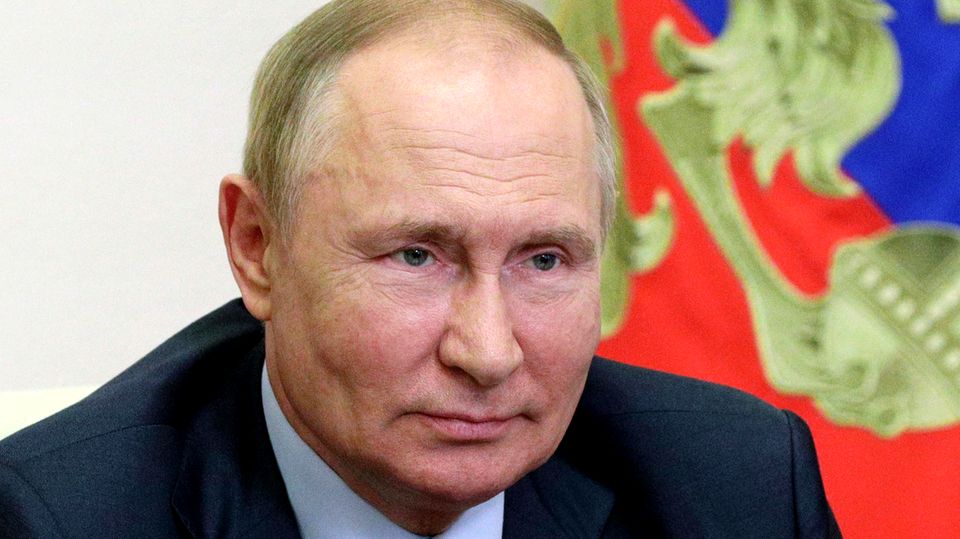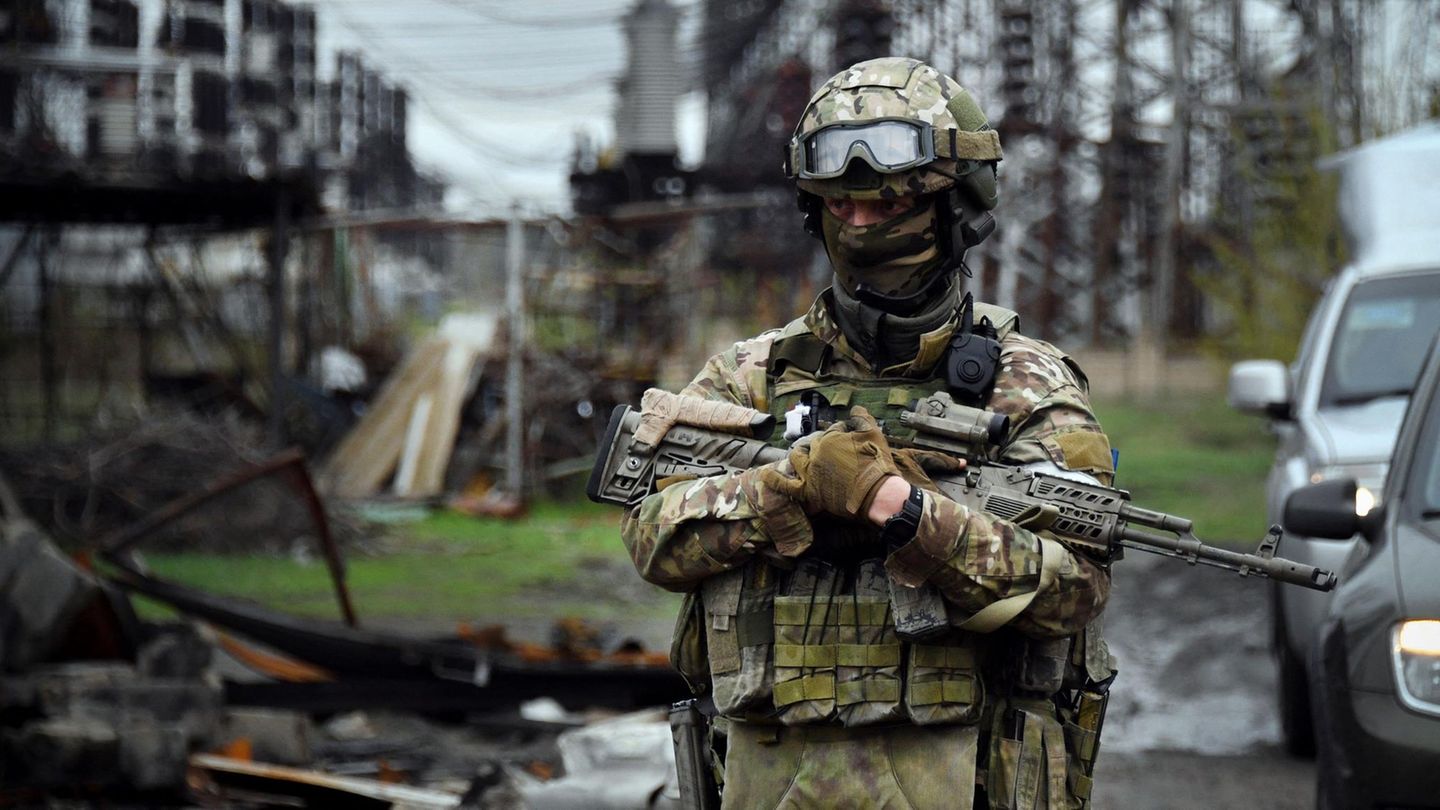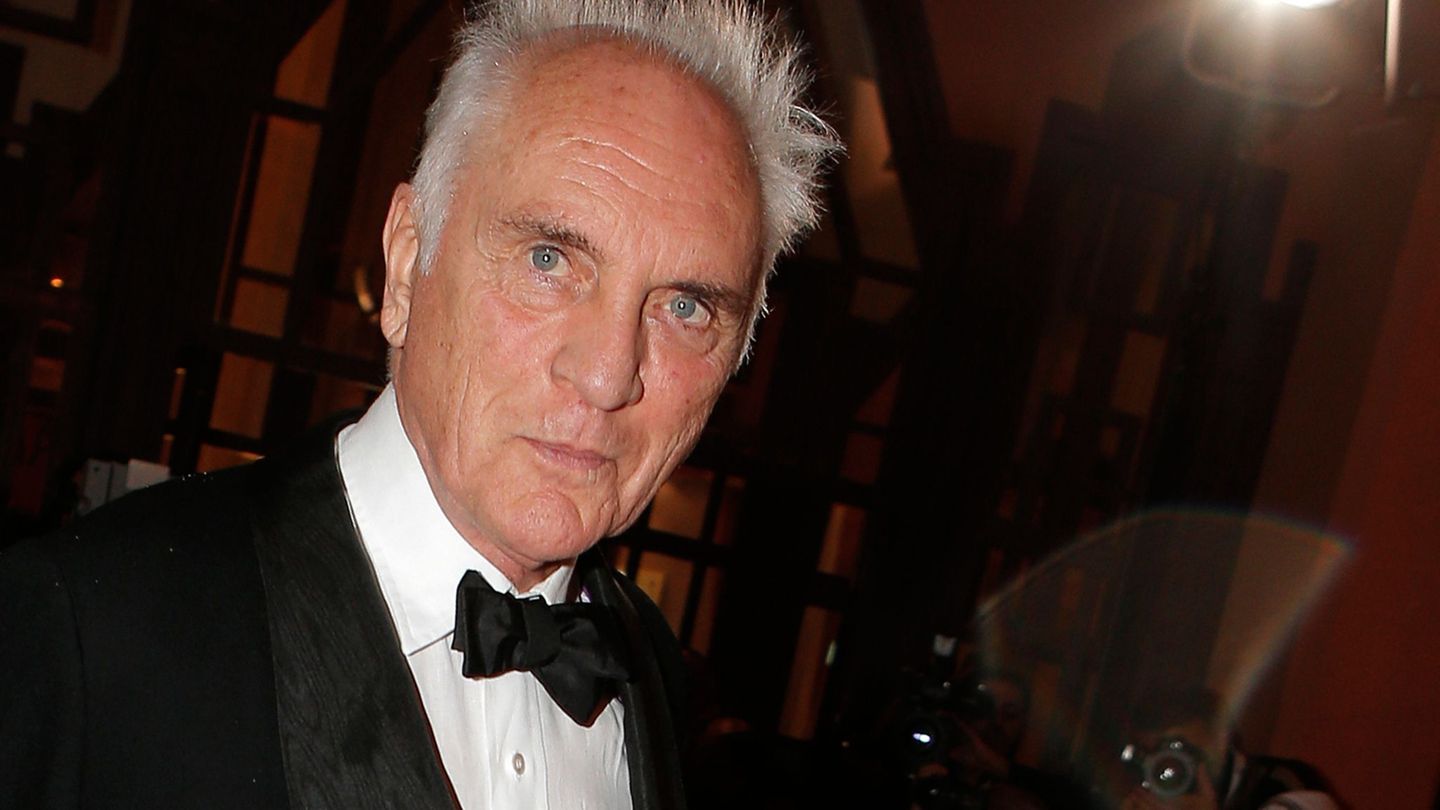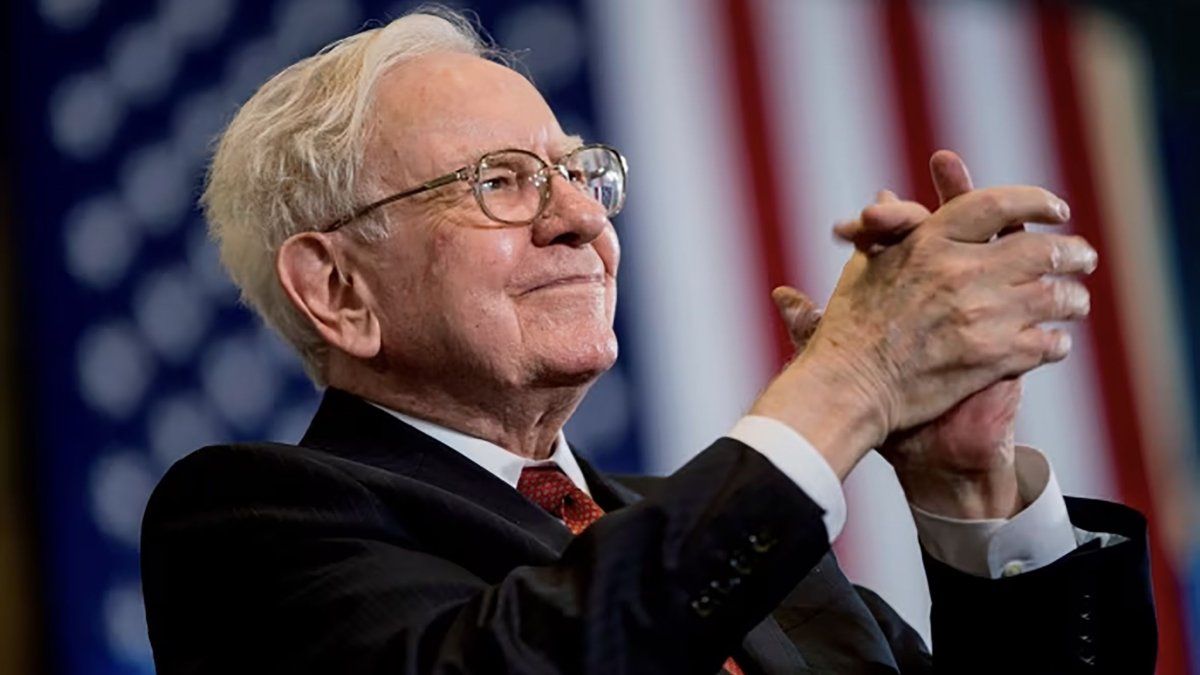A Russian paratrooper has written a book about his mission to Ukraine. In the “Guardian” Pavel Filatev describes what is going wrong in the Russian army and why he could no longer remain silent.
As a paratrooper, Pavel Filateev took part in the capture of Cherson. He recorded his experiences in his service in the Russian army in the war against Ukraine in a diary. A book has now emerged from these records, which will be published in the next few days. In an interview with the English daily, he harshly criticizes the Russian army, its leadership and President Vladimir Putin. “I don’t see any justice in this war. I don’t see any truth here,” he told the Guardian journalist. “I’m not afraid to fight in war.” But he needs a sense of justice and doing the right thing. But that’s not because “the government stole everything,” but also because “we Russians don’t have the feeling that what we’re doing is right.”
The doubts came to him when he was under heavy artillery fire for a month after the capture of Kherson near Mykolaiv. “By that point I was like, ‘We’re just screwing up out here, what do we need this war for?’ And I really had this thought, ‘God, if I survive, then I’m going to do whatever I can to stop this .'” Eventually, a shell threw mud into his eye, which became infected. Filatev almost went blind. So he was withdrawn from the combat zone.
Soldier breaks silence on war in Ukraine
He spent 45 days writing his book, breaking the law of silence in a country where the word “war” is grounds for arrest. “I just can’t remain silent any longer, even though I know that I probably won’t change anything,” Filateev told the Guardian. “And maybe I was stupid to get myself in so much trouble.”
In his book he describes how his unit was sent from Crimea to Ukraine. Even then the men were poorly equipped and exhausted. They would not have known any concrete goals and would not have known why the war took place in the first place. “It took me weeks to understand that there was no war on Russian territory and that we had just attacked Ukraine,” he said.
Soldiers ransack kitchens for food
After his unit captured the port of Kherson, the paratroopers, the elite of the Russian army, immediately began capturing “computers and any valuable goods we could find.” Then they ransacked the kitchens for food. “Like savages, we ate everything there: oatmeal, porridge, jam, honey, coffee … We didn’t give a damn, we were already at the limit. Most had spent a month in the field without a shred of comfort, one shower or normal food.”
Filateev also reports that the army’s equipment is outdated. The gun he was given was rusty and the strap snapped. “We were simply an ideal destination,” he writes, according to the Guardian, describing the drive to Cherson in outdated and unarmored trucks that sometimes stood in place for 20 minutes. “It was unclear what the plan was – as always, no one knew anything.” With growing frustration, reports of soldiers shooting themselves to escape the front lines and collect three million rubles ($50,000) in compensation are mounting.
Filatev paints a completely different picture of the Russian army than the Kremlin: “Most people in the army are dissatisfied with what’s going on there. They are dissatisfied with the government and its commanders. They are dissatisfied with Putin and his policies. They are dissatisfied with the secretary of defense who never served in the army.”

In his book, according to the Guardian, he also mentions that “there are heaps of dead people whose relatives have not yet received compensation.” This fits with media reports of wounded soldiers who have been waiting for compensation for months. Many details of Filatev’s descriptions cannot be checked. However, he has submitted photos and documents to the “Guardian” proving his affiliation with the army and his eye injury sustained in Ukraine.
He faces charges and arrest
Only one thing surprises him: that he hasn’t been arrested yet. He had heard that his unit was preparing charges of desertion against him. If convicted, that could land him several years in prison. “I don’t understand why they still haven’t caught me,” he said when meeting the Guardian editor. “I’ve said more than anyone else in the last six months. Maybe they don’t know what to do with me.”
Despite the risk of being arrested, he has not yet decided to leave Russia. “So I’m going to America and who am I there? What should I do?” he told the newspaper. “If I’m not needed even in my own country, who needs me there?”
Source:
Source: Stern
David William is a talented author who has made a name for himself in the world of writing. He is a professional author who writes on a wide range of topics, from general interest to opinion news. David is currently working as a writer at 24 hours worlds where he brings his unique perspective and in-depth research to his articles, making them both informative and engaging.




